‘Maybe we aren't going to hire anybody this year’: Marc Benioff says Salesforce might not hire any software engineers in 2025 as the firm reaps the benefits of AI agents
It’s not looking good for software engineers as big tech CEOs look to AI to drive productivity

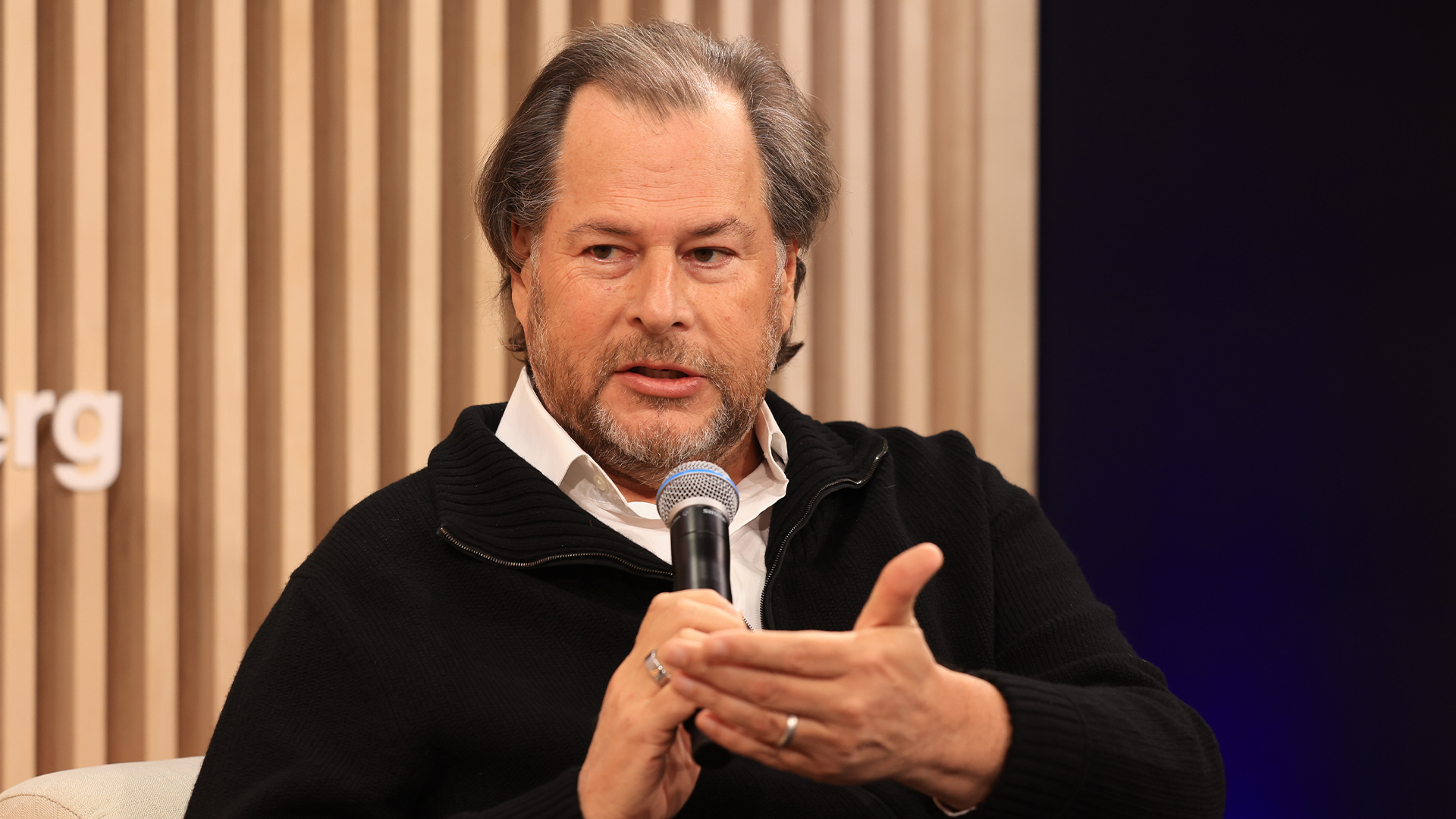
Salesforce CEO Marc Benioff has suggested the company may freeze hiring for software engineers amid the firm's growing success with AI agents.
Productivity gains delivered by AI agents internally at Salesforce mean the firm may not need to onboard new staff in this area of the business, Benioff told ‘The Logan Bartlett Show’ podcast.
“In engineering this year at Salesforce, we're seriously debating - maybe we aren't going to hire anybody this year,” Benioff said.
“We have seen such incredible productivity gains because of the agents that work side by side with our engineers,” he added.
When asked about global labor shortages and the economic outlook for the agents, Benioff said that this is a big moment for customers to restructure and ramp up the adoption of AI agents.
“We are going through a global labor shortage where we see all these declining birth rates. We understand that it is harder to hire - especially people here right in the United States - in sales and service,” Benioff said.
AI agents will give businesses the ability to do more, he added, providing the example of engineering.
Sign up today and you will receive a free copy of our Future Focus 2025 report - the leading guidance on AI, cybersecurity and other IT challenges as per 700+ senior executives
“We can all agree that software engineering has become a lot more productive in the last two years with basically these new models,” Benioff said.
“There's no question the world is changing, when it gets down to labor and delivering the next generation of labor,” he added.
Software engineering could be in for a rough ride
Benioff isn’t the first big tech CEO to hint at pausing hiring for roles in software engineering due to AI. Others have gone so far as to suggest roles could be lost to the technology in years to come.
Meta CEO Mark Zuckerberg recently predicted a similar trend at the social media giant. Speaking on the Joe Rogan Experience podcast earlier this month, Zuckerberg said AI could be doing the work of mid-level engineers in 2025.
While it will be an expensive change in the short term, Zuckerberg said it’s a move that he thinks will pay dividends in the long run through efficiency gains.
Salesforce was among the first big tech companies to jump on the agentic AI bandwagon last year, and Benioff has been vocal about the potential of AI agents for enterprises, hailing this as essentially the next step in the evolutionary path of AI.
At the company's Dreamforce conference in September 2024, Salesforce unveiled its Agentforce service, for example, with the company specifically highlighting the use of AI agents in customer service roles.
Agents do represent a step change in the AI ‘boom’. While AI assistants such as Microsoft’s Copilot tool sit adjacent to the human worker to provide support, agents are fully autonomous and can carry out tasks on behalf of the worker.
But does this mean software engineers should start looking at potential career changes? Not exactly. Research suggests that while AI will have a transformative effect on the profession, this won’t necessarily equate to widespread job losses.
In a study by Gartner last year, around 80% of the software engineering workforce could be forced to upskill by 2027 to compensate for the changing demands placed on them by AI tools and agents.
This doesn’t mean their jobs will be rendered obsolete, but more the fact that the profession itself will be transformed due to the influx AI, with the consultancy predicting the technology to play an increasingly larger role in daily tasks.
RELATED WHITEPAPER
The study noted that, in the short term, AI tools have delivered modest productivity increases by supporting them in their daily workflow.
An influx of AI agents in software engineering will likely create the biggest upheaval, however. Gartner noted that the integration of agentic AI within teams will enable the full automation of tasks and result in the emergence of ‘AI-native software engineering’ where most code is AI-generated.

George Fitzmaurice is a former Staff Writer at ITPro and ChannelPro, with a particular interest in AI regulation, data legislation, and market development. After graduating from the University of Oxford with a degree in English Language and Literature, he undertook an internship at the New Statesman before starting at ITPro. Outside of the office, George is both an aspiring musician and an avid reader.
-
 What is Microsoft Maia?
What is Microsoft Maia?Explainer Microsoft's in-house chip is planned to a core aspect of Microsoft Copilot and future Azure AI offerings
-
 If Satya Nadella wants us to take AI seriously, let’s forget about mass adoption and start with a return on investment for those already using it
If Satya Nadella wants us to take AI seriously, let’s forget about mass adoption and start with a return on investment for those already using itOpinion If Satya Nadella wants us to take AI seriously, let's start with ROI for businesses
-
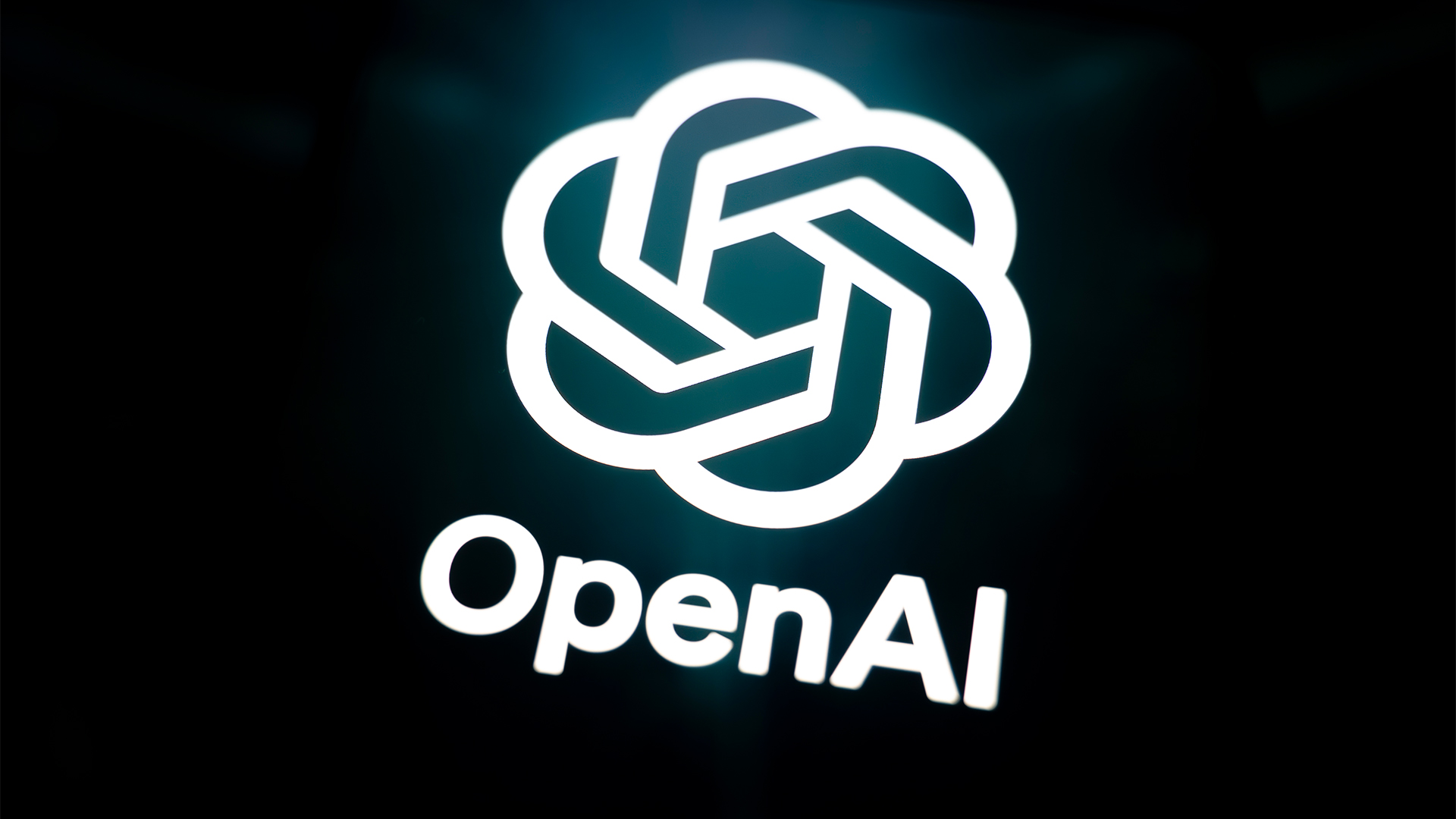 OpenAI's 'Skills in Codex' service aims to supercharge agent efficiency for developers
OpenAI's 'Skills in Codex' service aims to supercharge agent efficiency for developersNews The Skills in Codex service will provide users with a package of handy instructions and scripts to tweak and fine-tune agents for specific tasks.
-
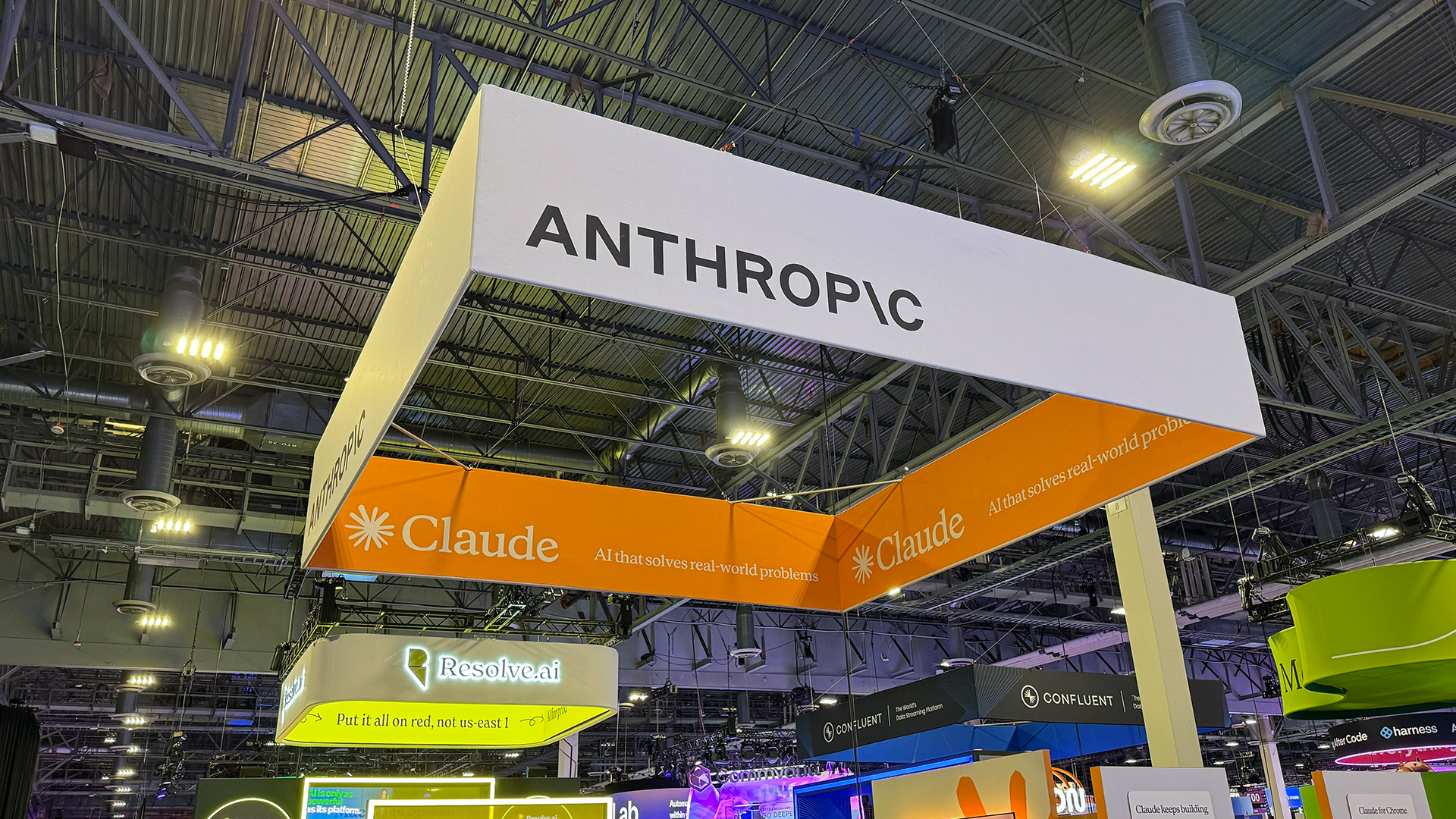 Anthropic says MCP will stay 'open, neutral, and community-driven' after donating project to Linux Foundation
Anthropic says MCP will stay 'open, neutral, and community-driven' after donating project to Linux FoundationNews The AAIF aims to standardize agentic AI development and create an open ecosystem for developers
-
 Microsoft’s Windows chief wants to turn the operating system into an ‘agentic OS' – users just want reliability and better performance
Microsoft’s Windows chief wants to turn the operating system into an ‘agentic OS' – users just want reliability and better performanceNews While Microsoft touts an AI-powered future for Windows, users want the tech giant to get back to basics
-
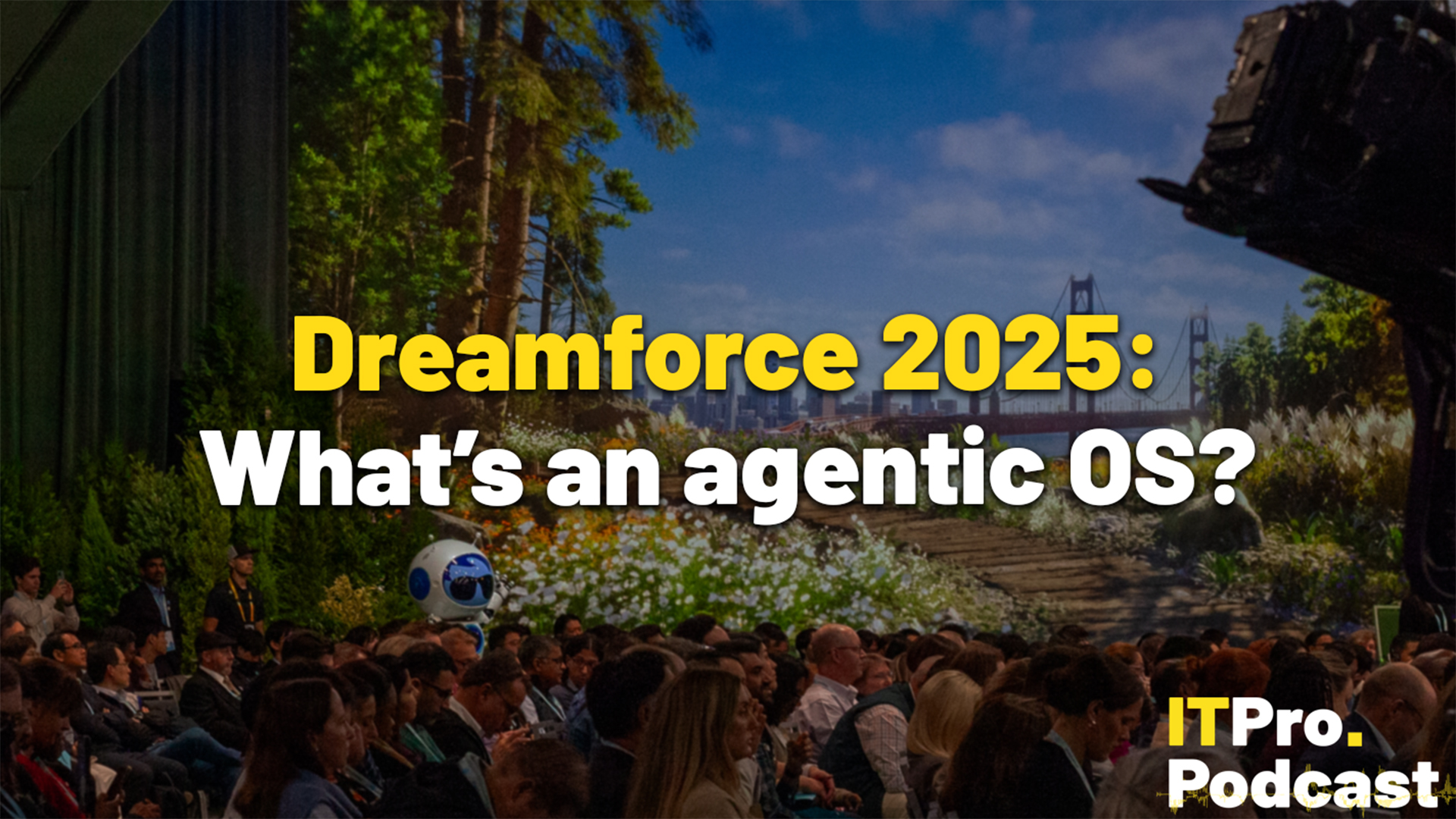 Dreamforce 2025: What's an agentic OS?
Dreamforce 2025: What's an agentic OS?ITPro Podcast Salesforce has turned to Slack to achieve its agentic AI ambitions, as it expands Agentforce faster than any other product
-
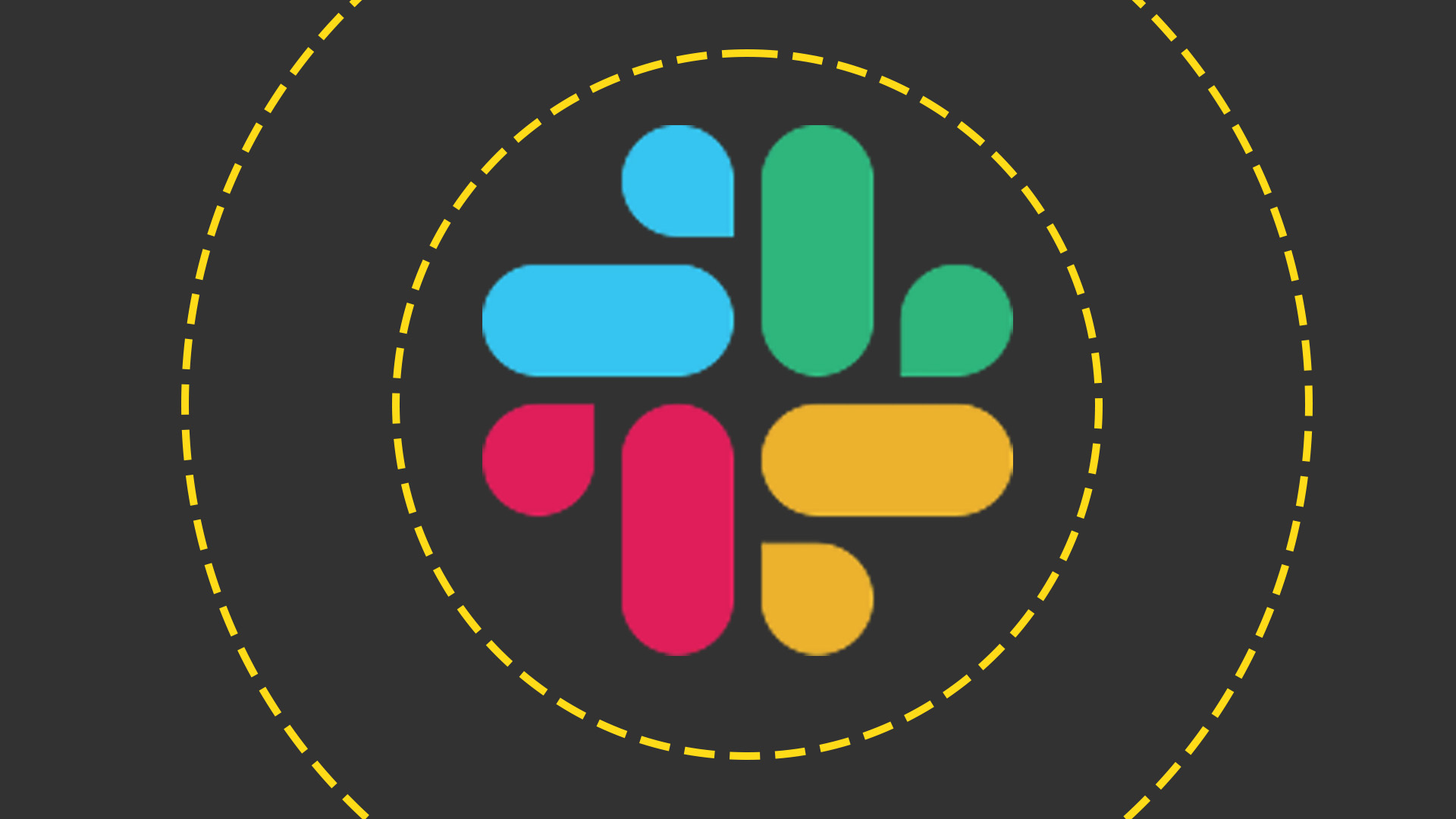 Slack is now the key to Salesforce’s agentic AI plans
Slack is now the key to Salesforce’s agentic AI plansNews Salesforce is bringing more agents into Slack, along with CRM and third-party data
-
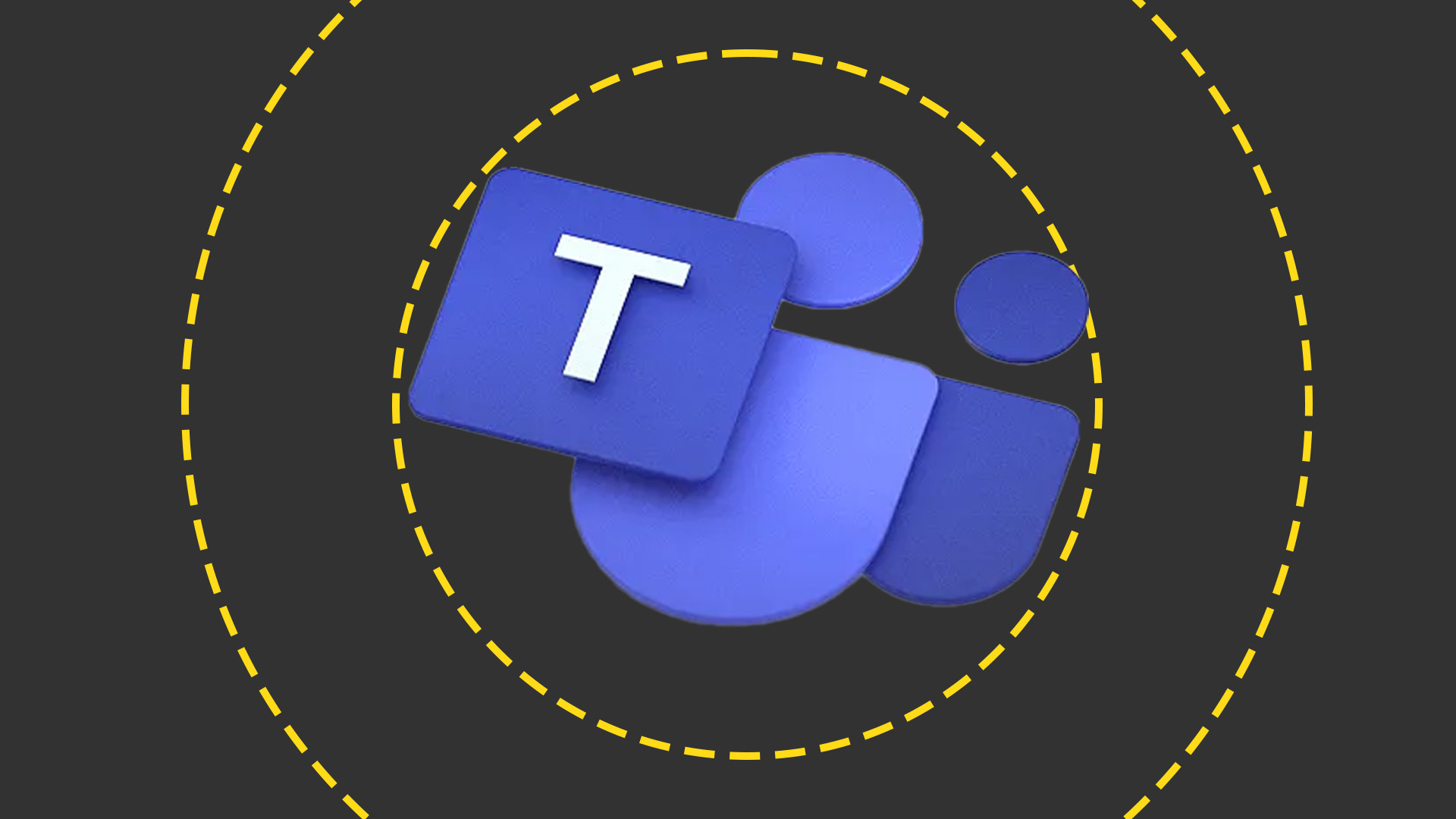 Salesforce says ‘Microsoft’s anticompetitive tying of Teams' harmed business in triumphant response to EU concessions agreement
Salesforce says ‘Microsoft’s anticompetitive tying of Teams' harmed business in triumphant response to EU concessions agreementNews Microsoft has agreed to make versions of its Office solutions suite available without Teams – and at a reduced price
-
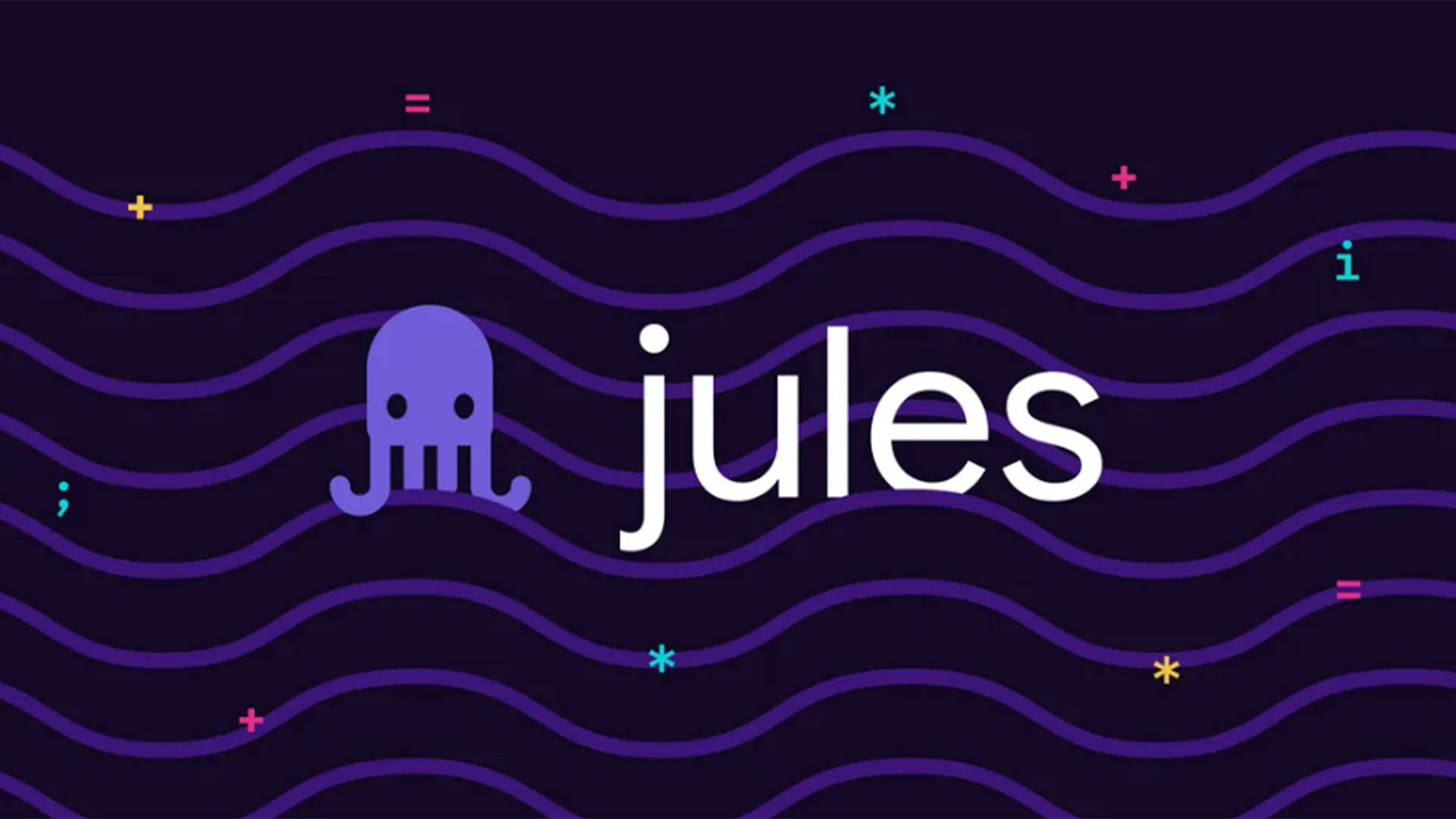 Google's new Jules coding agent is free to use for anyone – and it just got a big update to prevent bad code output
Google's new Jules coding agent is free to use for anyone – and it just got a big update to prevent bad code outputNews Jules came out of beta and launched publicly earlier this month, but it's already had a big update aimed at improving code quality and safety.
-
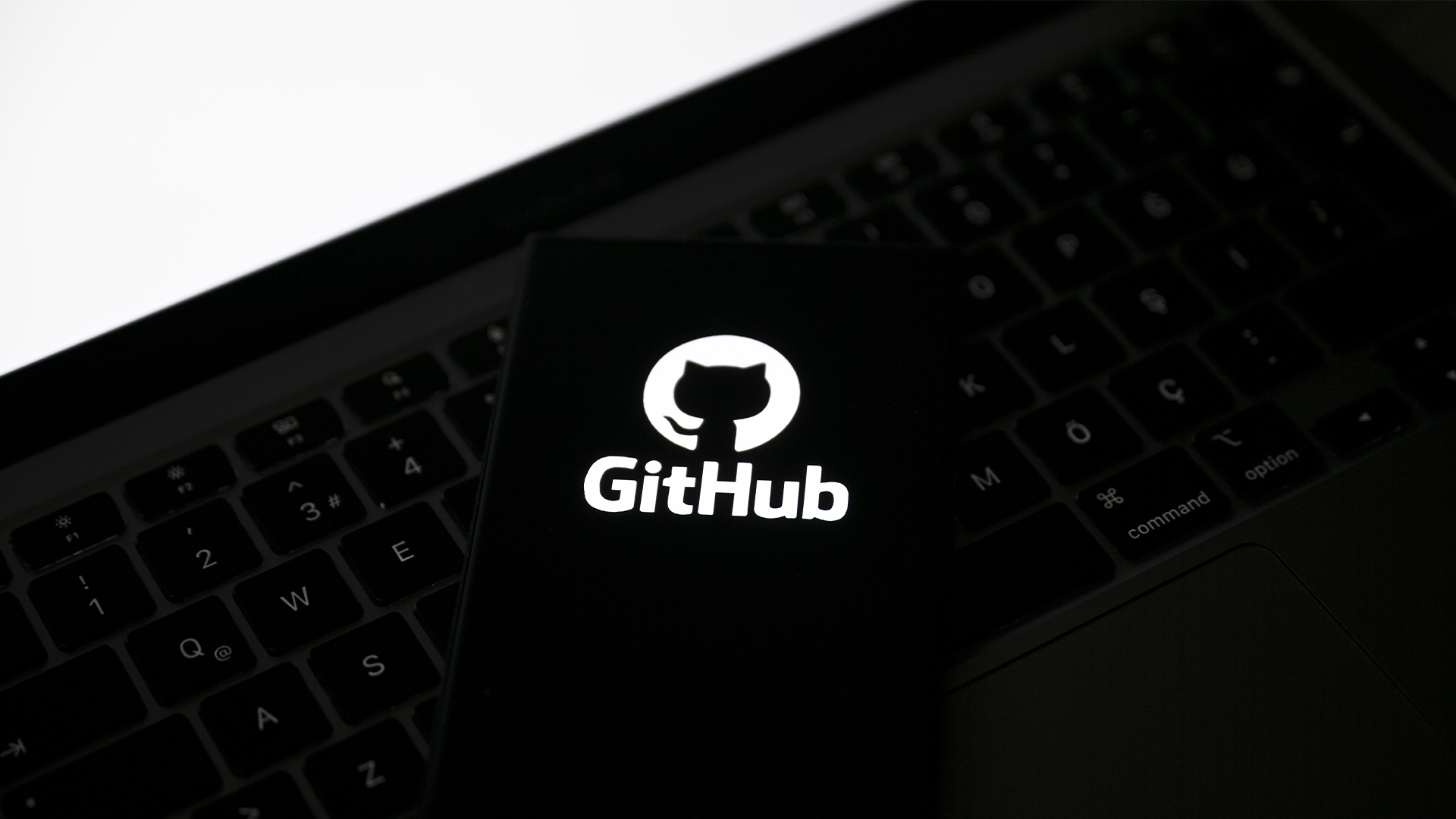 GitHub just launched a new 'mission control center' for developers to delegate tasks to AI coding agents
GitHub just launched a new 'mission control center' for developers to delegate tasks to AI coding agentsNews The new pop-up tool from GitHub means developers need not "break their flow" to hand tasks to AI agents
